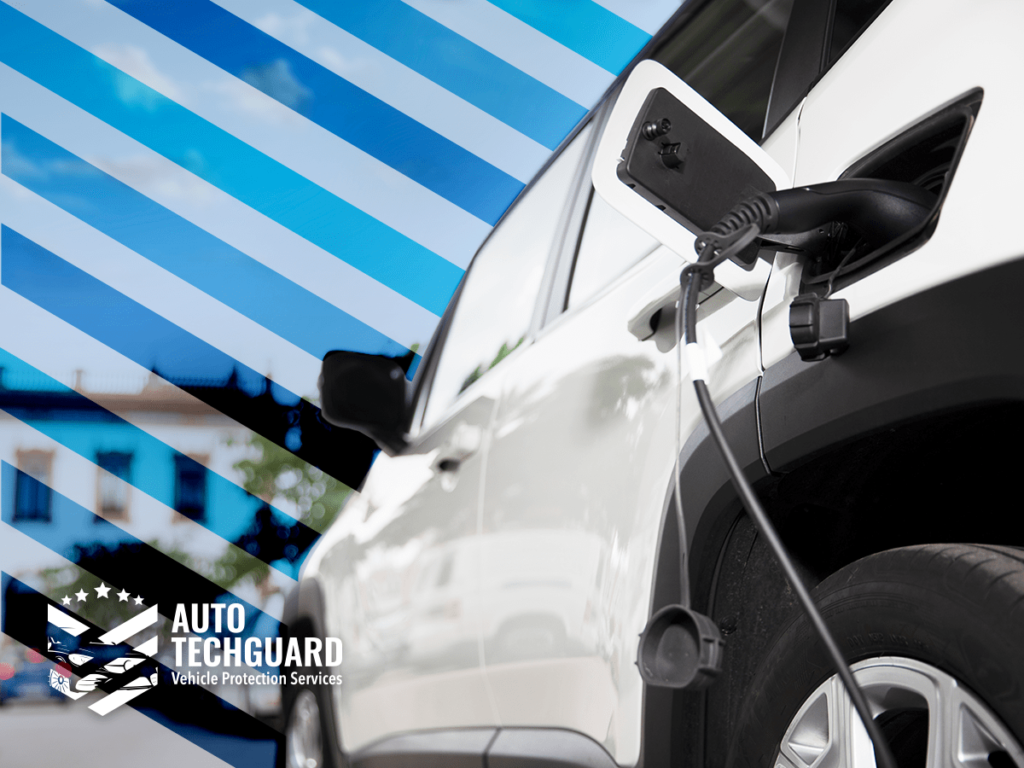
Automobile Industry Sustainability: Paving the Way for a Greener Future
In recent years, sustainability in the automotive industry has emerged as a critical concern. With worries about climate change and the well-being of our planet, there is an increasing demand for eco-friendly solutions in all sectors.
As one of the largest contributors to carbon emissions globally, the automotive industry has a significant role to play in reducing its environmental impact. Automakers are facing pressure to adopt sustainable practices, innovate cleaner technologies, and minimize their carbon footprint.
This article delves into the importance of sustainability in the automotive industry and explores the various initiatives and advancements that are driving us towards a greener future.
What is sustainability and why does it matter in the automotive industry?
Sustainability is defined as the ability to meet present needs without compromising the ability of future generations to meet their own needs, sustainability encompasses a wide range of factors such as resource conservation, reducing pollution, and promoting social and economic well-being.
In the automotive industry, embracing sustainability is crucial due to its carbon-intensive nature.
The sector accounts for a considerable share of global carbon emissions, stemming from the production, usage, and disposal of vehicles. As a result, automakers are under immense pressure to reevaluate their operations and adopt sustainable practices that minimize environmental impact while meeting consumer demands.
Transitioning to Electric Vehicles (EVs)
Electric vehicles have gained significant traction in recent years due to their potential to reduce reliance on fossil fuels. With zero tailpipe emissions, EVs offer a cleaner alternative and significantly lower carbon footprint compared to combustion engine vehicles.
The global shift towards electric vehicles is accelerating, with major automakers investing heavily in research and development to enhance battery technology, extend range, and expand charging infrastructure.
The Growth of the Electric Vehicle Market
Electric vehicles (EVs) have emerged as a greener alternative to traditional cars, and the numbers speak for themselves.
According to a recent report by the International Energy Agency (IEA), the growth of the electric vehicle market is experiencing unprecedented and exponential expansion. This remarkable trend underscores not only the industry’s dedication to environmental responsibility but also the substantial demand for EVs by consumers worldwide.
How Does The Automotive Industry Affect The Environment?

A pressing question on many minds is, are electric vehicles really better for the environment? To answer this, let’s delve into the environmental effects and benefits of electric cars in 2023.
The Environmental Protection Agency (EPA) provides compelling evidence that electric cars help air pollution when compared to their gasoline counterparts. This reduction in harmful emissions translates into tangible benefits for our environment, including cleaner air and a healthier planet.
EVs also play an important role in mitigating greenhouse gas emissions. Their superior energy efficiency and the increasing use of cleaner energy sources for charging contribute to a significant reduction in the carbon footprint associated with transportation.
In 2023, the electric vehicle on the market is flourishing. Many options from various manufacturers have flooded the market. These 2023 electric cars are equipped with advanced technologies that not only benefit the environment but also enhance your driving experience.
Key players like Tesla, Nissan, and Chevrolet are leading the charge, offering affordable electric cars that cater to diverse consumer needs.
Solutions to Sustainability Issues in Automotive Industry
The road to a sustainable automotive industry needs collaboration between manufacturers, suppliers, governments, and consumers. Through partnerships and alliances, automakers are pooling resources, knowledge, and expertise to drive sustainable innovation.
Joint ventures in research and development are key to overcoming challenges and accelerating the adoption of sustainable practices, such as advanced vehicle technologies and alternative fuels.
How Electric Vehicles Reduce Air Pollution

Electric cars assume a critical role in the battle against air pollution, particularly in densely populated urban areas. With zero tailpipe emissions, they breathe fresh life into cities grappling with air quality issues. The reduction in pollutants, such as nitrogen oxides and particulate matter, has far-reaching positive implications for public health.
Empirical evidence from studies conducted by the Union of Concerned Scientists underscores the invaluable impact of electric vehicles on air quality. These findings reinforce the indispensable role of EVs in creating cleaner and healthier urban environments.
Investing in Renewables
A crucial aspect of automotive industry sustainability involves transitioning from fossil fuel-powered manufacturing facilities to renewable energy sources. Automakers are increasingly investing in solar, wind, and other renewable energy systems to power their production plants, reducing reliance on non-renewable energy and further mitigating their carbon footprint.
These efforts not only contribute to a greener manufacturing process but also serve as a testament to the industry’s commitment to sustainability.
Are Electric Vehicles Becoming More Popular?
The popularity of electric vehicles can be attributed to a convergence of factors: Consumer demand for sustainable transportation options is on the rise, driven by both environmental awareness and the desire for cost-effective and energy-efficient solutions.
Furthermore, governments worldwide are actively incentivizing the adoption of EVs through policies, including tax incentives, rebates, and infrastructure development.
As the automotive industry continues its resolute march towards sustainability and electric vehicles. It’s essential to stay informed. Subscribe to our newsletter to keep yourself updated and involved in the world of sustainable automotive solutions!
